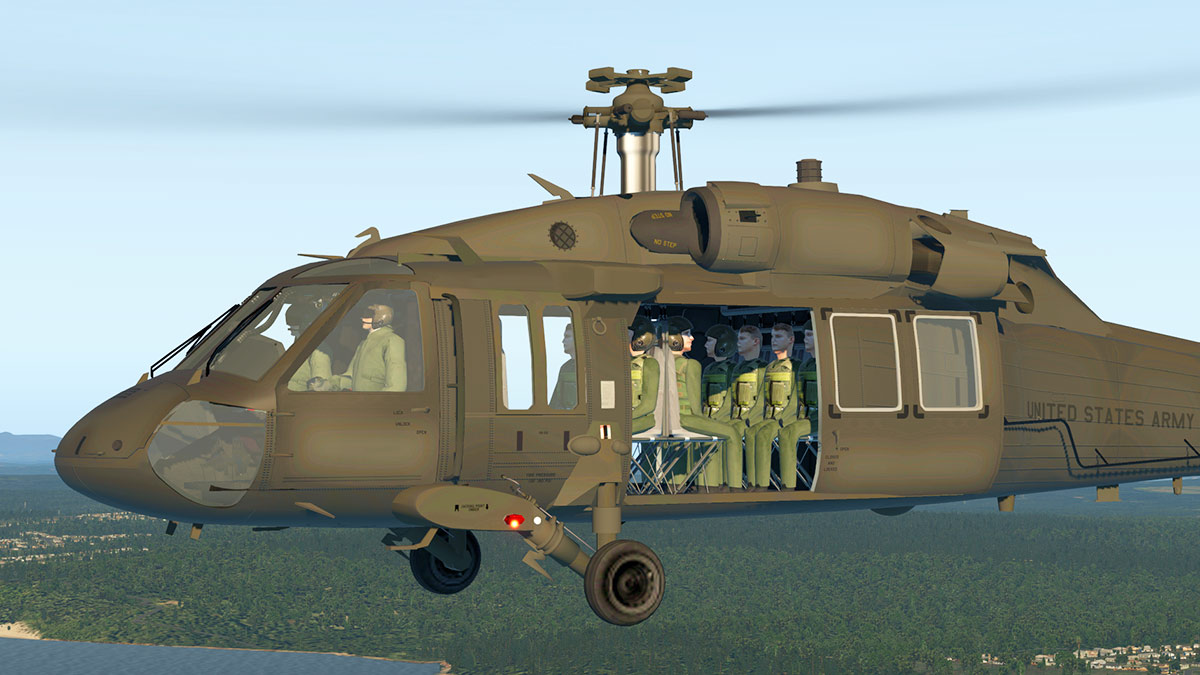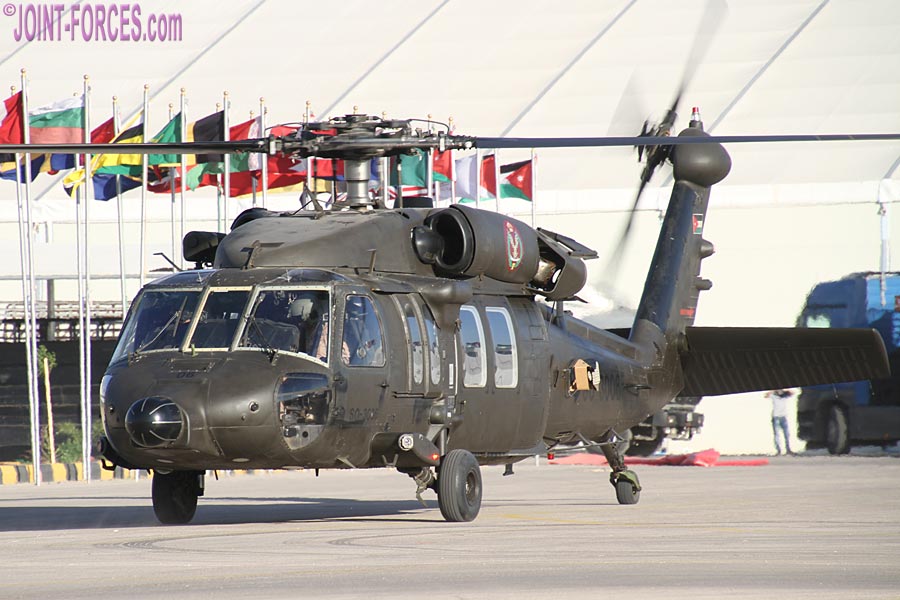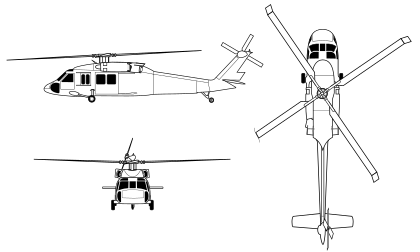UH 60 Helicopter: Advanced Avionics and Fight Equipments
UH 60 Helicopter: Advanced Avionics and Fight Equipments
Blog Article
The Impact of Sustainable Practices on the Future of Airplane Workflow and Emissions Decrease
As the aviation sector encounters raising examination over its ecological influence, the adoption of lasting methods emerges as an essential path toward future aircraft procedures and emissions reduction. Technologies in sustainable air travel gas and developments in crossbreed propulsion technologies stand at the leading edge of this change, encouraging substantial decreases in greenhouse gas exhausts.

Overview of Sustainable Practices
Sustainable methods in aircraft operations encompass an array of strategies targeted at reducing ecological impact while maintaining operational effectiveness. These techniques are important in the aviation industry's commitment to decreasing its carbon footprint and adhering to international environmental requirements. Trick campaigns include maximizing flight paths to decrease gas consumption, boosting upkeep methods to guarantee airplane run at peak efficiency, and executing advanced modern technologies such as winglets and light-weight materials that improve aerodynamics.

Educating and engaging team on sustainability practices additionally play a vital role, promoting a society of environmental duty within organizations. In general, the assimilation of these lasting practices not just assists decrease exhausts but also enhances the lasting viability of the aviation industry, ensuring it satisfies the needs of both clients and regulative bodies while adding to international sustainability goals.
Cutting-edge Fuel Alternatives
Numerous innovative gas alternatives are arising as critical services to reduce the aviation market's dependence on standard fossil gas. Among these options, Lasting Aviation Gas (SAFs) have gained significant interest due to their possible to reduce lifecycle greenhouse gas discharges by as much as 80% contrasted to standard jet fuels. SAFs are originated from different feedstocks, including waste oils, agricultural deposits, and even algae, making them a functional alternative for the market.
One more encouraging choice is hydrogen fuel, which, when utilized in gas cells, produces just water vapor as a result. Additionally, electric propulsion systems are being checked out, leveraging battery modern technology to power aircraft.
Last but not least, biofuels stemmed from biomass are being examined, using a renewable choice that can be blended with typical gas. Jointly, these cutting-edge fuel options stand for an important action towards accomplishing a lasting aeronautics ecosystem, straightening with international exhausts decrease targets and boosting the market's environmental stewardship.
Technical Developments in Aviation

How can technological developments reshape the future of aeronautics? The integration of advanced technologies is essential in changing airplane operations, improving effectiveness, and lowering emissions. Technologies such as hybrid and electrical propulsion systems are at the center, encouraging substantial reductions in fuel usage and greenhouse gas discharges. These systems utilize innovations in battery innovation and power administration, making it possible for aircraft to operate with a reduced ecological footprint.
Furthermore, the execution of advanced materials, such as lightweight composites, adds to enhanced aerodynamics and fuel efficiency. Making use of expert system and equipment discovering in trip operations optimizes path planning and minimizes gas burn by allowing real-time modifications based on climate and website traffic problems. In addition, the growth of autonomous and remotely piloted aircraft systems stands to revolutionize cargo and guest transportation, possibly raising performance while lessening human error.
In addition, sustainable air travel technologies, including sophisticated air website traffic administration systems, can improve procedures and decrease blockage, causing reduced emissions during trip. These innovations collectively represent a paradigm shift in air travel, assuring a future where sustainability and functional efficiency are intertwined, consequently supporting the industry's dedication to decreasing its ecological effect.

Regulatory Framework and Compliance
Because of the expanding emphasis on browse around this site environmental stewardship within the aviation field, the governing structure regulating aircraft procedures is evolving to promote sustainable practices. Governing bodies, such as the International Civil Air Travel Organization (ICAO) and various nationwide aviation authorities, are introducing strict guidelines targeted at lowering emissions and boosting operational efficiency.
These policies often consist of the adoption of Sustainable Air travel Fuel (SAF), which has been identified as a crucial element in accomplishing reduced carbon footprints. Additionally, compliance with these regulations calls for airline companies to carry out advanced technologies and operational methods, such as maximized flight paths and improved air web traffic management, to lessen fuel consumption.
Additionally, the enforcement of exhausts trading systems and carbon offsetting initiatives is coming to be increasingly common, compelling airlines to keep track of and report their discharges precisely. Non-compliance can cause substantial fines, hence pushing operators to prioritize sustainability in find more their organization versions.
Inevitably, the progressing governing landscape not only drives development and investment in eco-friendly technologies however likewise promotes a society of accountability within the aviation sector. As these structures continue to develop, the concentrate on lasting practices will certainly be integral to attaining the field's long-lasting environmental goals.
Future Trends in Aircraft Operations
As the aeronautics industry adapts to an increasingly rigid regulatory environment, future fads in aircraft operations are established to concentrate on ingenious services that further boost sustainability and performance - uh click over here 60. Secret advancements will likely consist of the fostering of sophisticated air traffic management systems, which utilize real-time information and artificial knowledge to maximize flight courses, reducing fuel consumption and emissions
One more considerable fad is the raised integration of sustainable aeronautics gas (SAFs) These choices to standard jet fuel, originated from sustainable sources, can significantly decrease lifecycle greenhouse gas discharges. The sector's dedication to SAFs will likely increase as airline companies work together with fuel manufacturers to ensure availability and cost-effectiveness.
Furthermore, the push towards electrification and hybrid propulsion systems is acquiring momentum. Emerging aircraft designs will integrate these innovations, providing quieter and much more reliable operations, especially for short-haul flights.
Conclusion
The adoption of lasting air travel fuels, coupled with advancements in hybrid and electric propulsion systems, is crucial for minimizing lifecycle greenhouse gas discharges. Maximizing trip courses and accepting innovative modern technologies add to a quieter and extra ecologically friendly aviation sector.
Innovations in lasting aeronautics fuels and improvements in hybrid propulsion modern technologies stand at the center of this transformation, appealing significant decreases in greenhouse gas discharges.Numerous cutting-edge gas choices are emerging as crucial solutions to minimize the aviation sector's dependence on conventional fossil gas - uh 60. Amongst these options, Sustainable Aviation Fuels (SAFs) have gained significant attention due to their possible to lower lifecycle greenhouse gas exhausts by up to 80% compared to conventional jet fuels.Another significant fad is the increased combination of sustainable aviation fuels (SAFs) The fostering of lasting air travel gas, combined with improvements in electrical and hybrid propulsion systems, is necessary for lessening lifecycle greenhouse gas emissions
Report this page